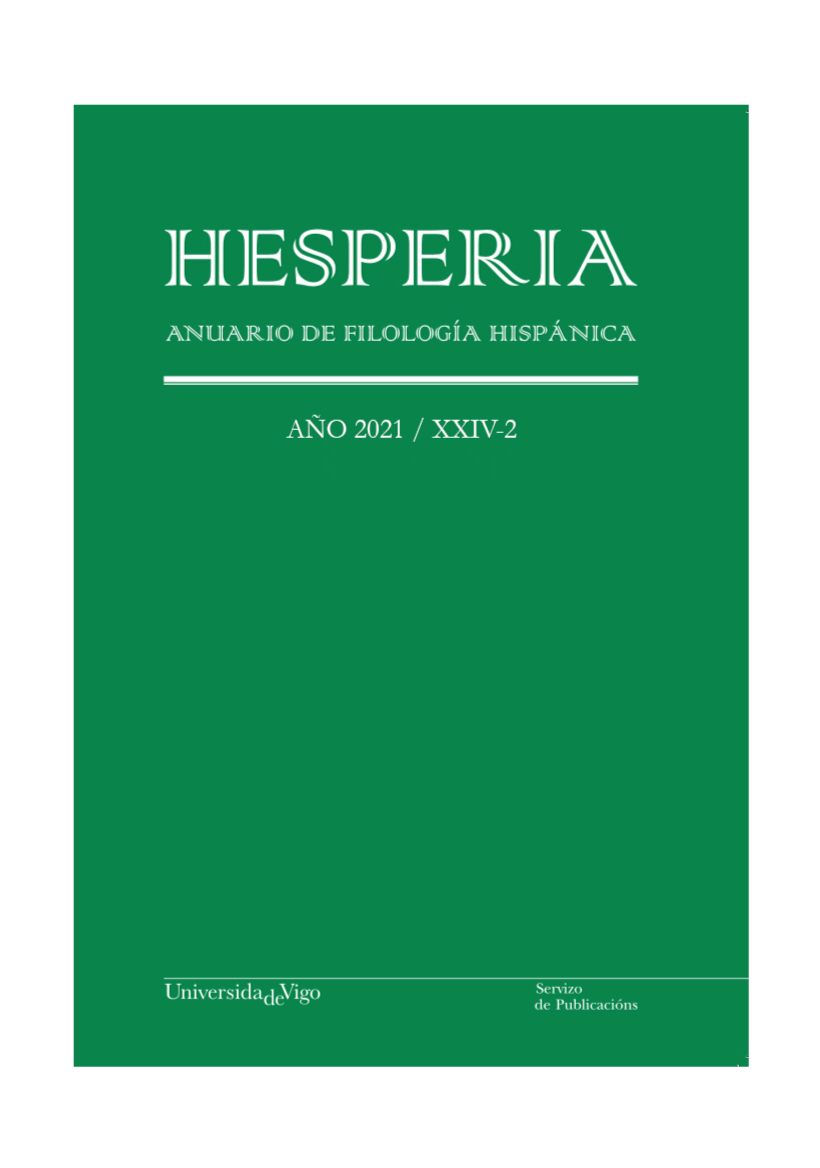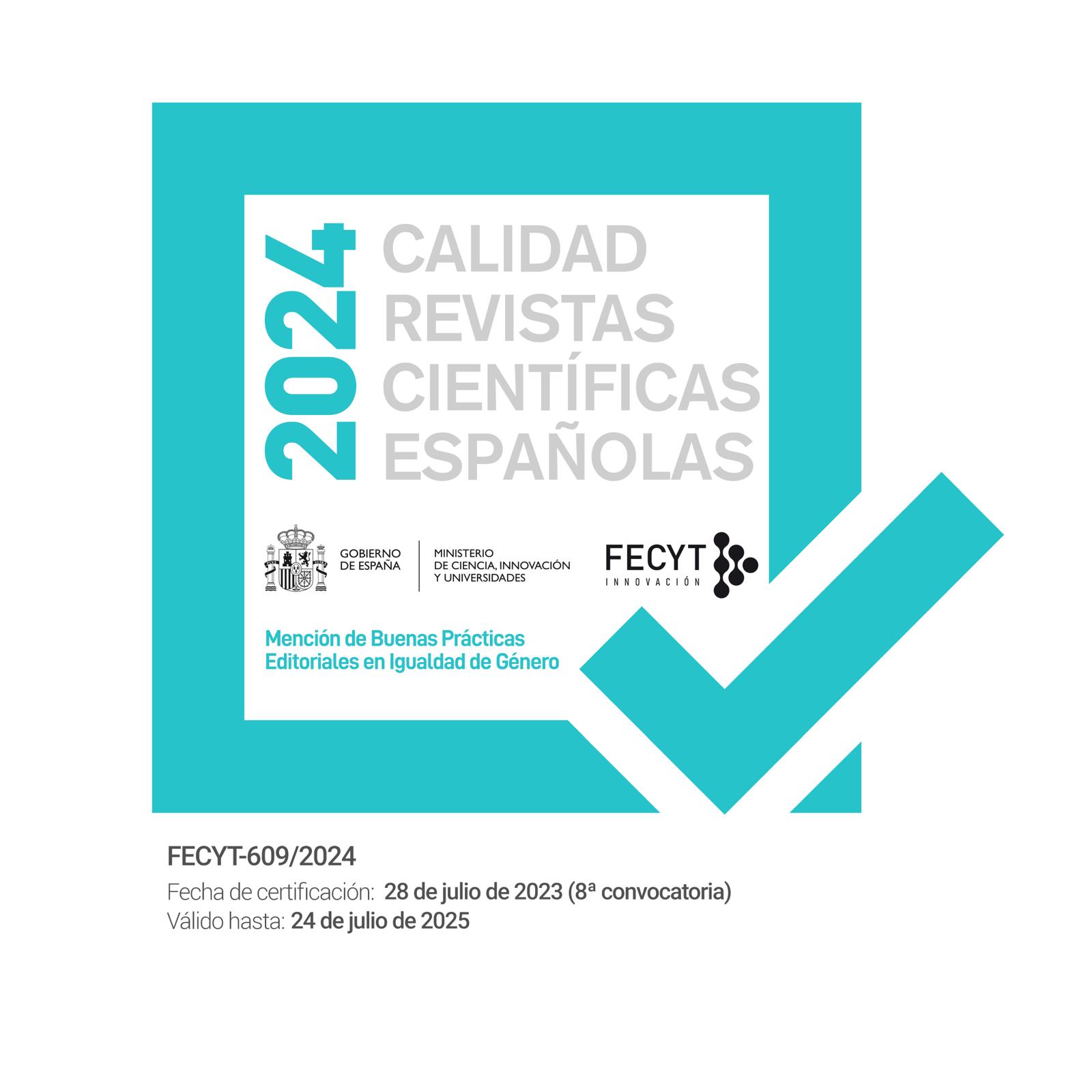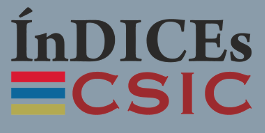Socialización bilingüe infantil en Galicia
Intervenciones conversacionales de niños en educación infantil
DOI:
https://doi.org/10.35869/hafh.v24i2.4121Palabras clave:
Socialización, Bilingüismo, Alfabetización, Etnografía del aula, Tarea conjuntaResumen
El presente artículo muestra el trabajo de campo realizado en una escuela de una zona castellano-hablante en relación con las intervenciones conversacionales de niños de Educación Infantil escolarizados en gallego. Este alumnado, de familias castellano-hablantes en su mayoría, realiza contribuciones verbales dentro de una de las actividades alfabetizadoras denominada ‘‘proposición de palabras’’ que tiene lugar dentro de la rutina escolar más importante, el Tempo de Asemblea. Gracias a esta actividad, estos niños y niñas aprenden a planificar sus intervenciones recibiendo instrucciones en la que, para ellos, sería ya una segunda lengua: el gallego.
La metodología empleada para este trabajo consistió en una observación semi-participante acompañada de notas etnográficas tomadas en el momento de las visitas, así como de grabaciones de voz de las interacciones presenciadas en el aula, grabaciones que posteriormente serían transcritas y analizadas. Los resultados obtenidos a partir del análisis de estos datos muestran que el alumnado escogido no presenta confusión al entender y realizar las tareas pedidas por la maestra, quien utiliza como código base el gallego. Con este trabajo se muestra cómo la escolarización en esta lengua no es perjudicial para los discentes.















